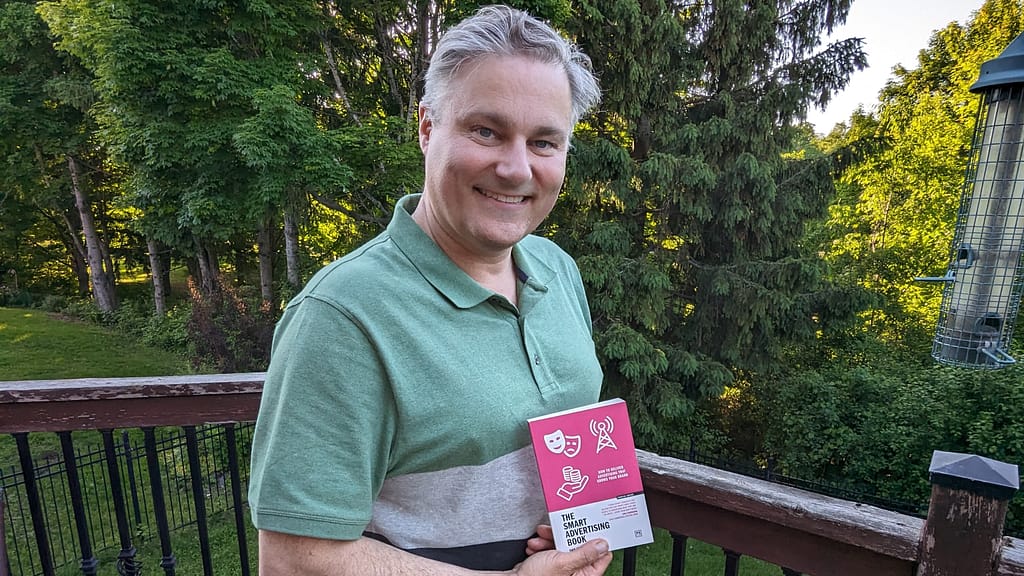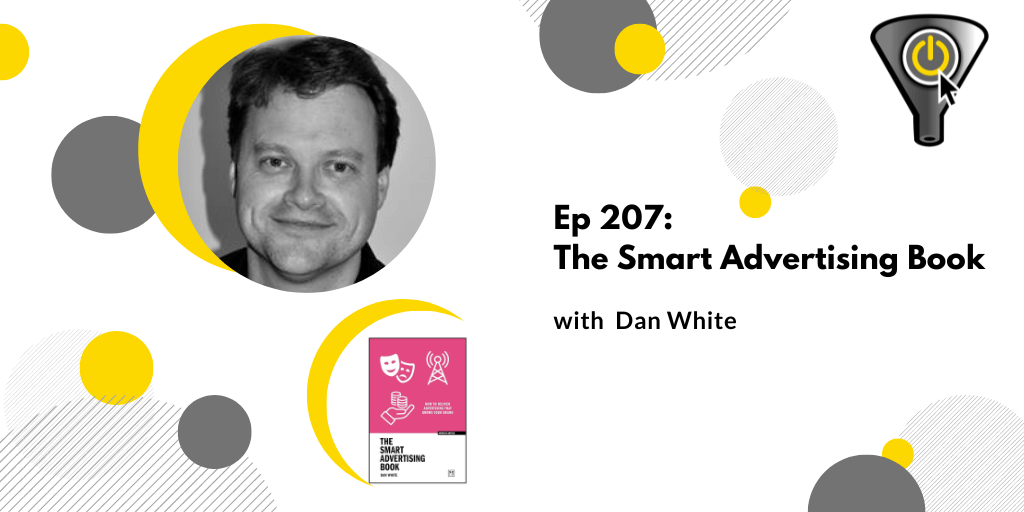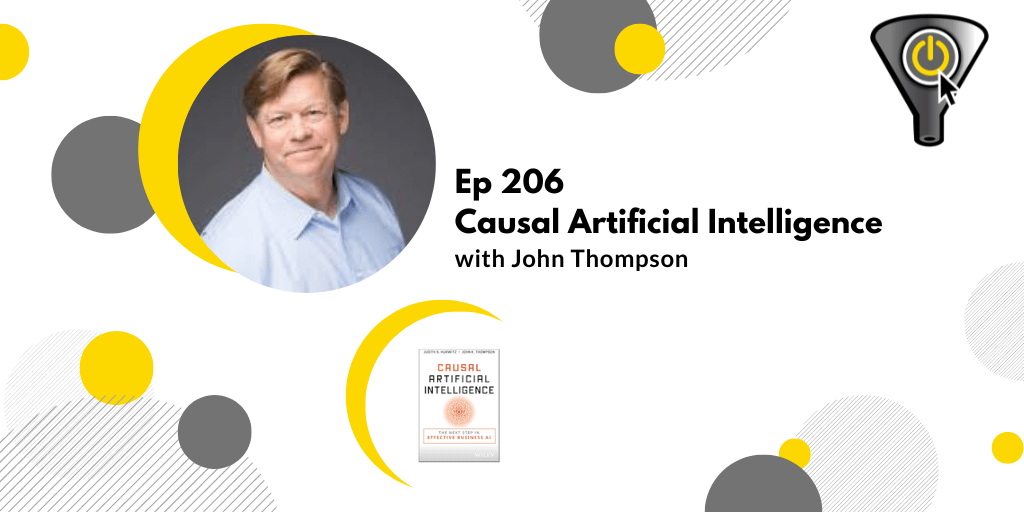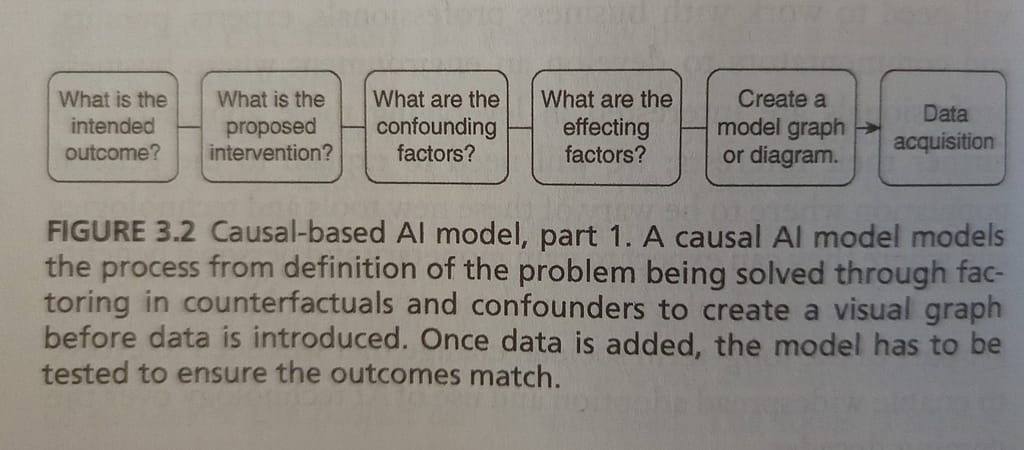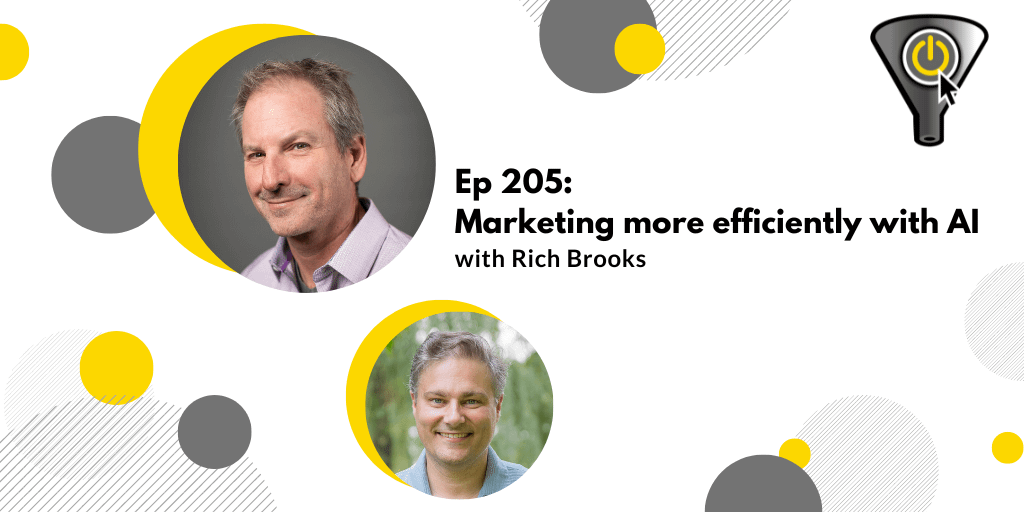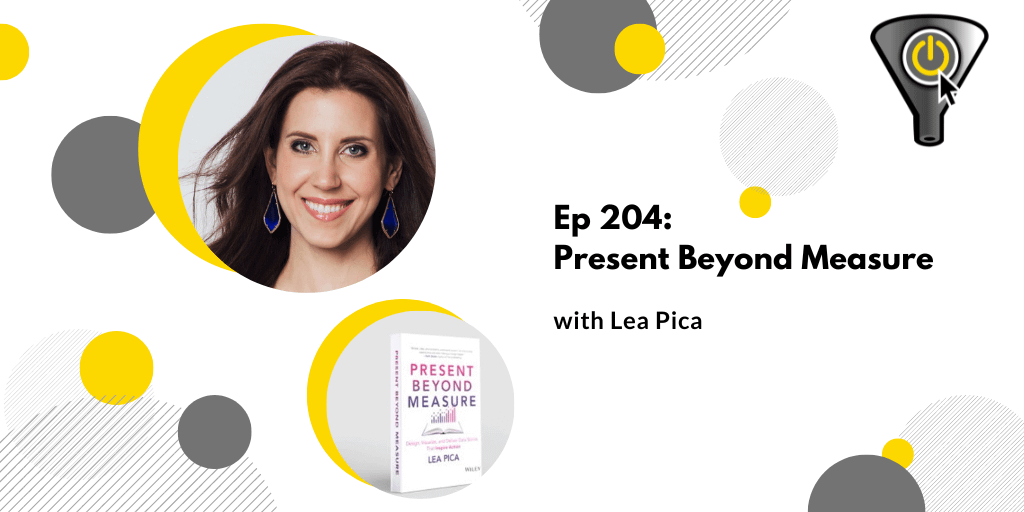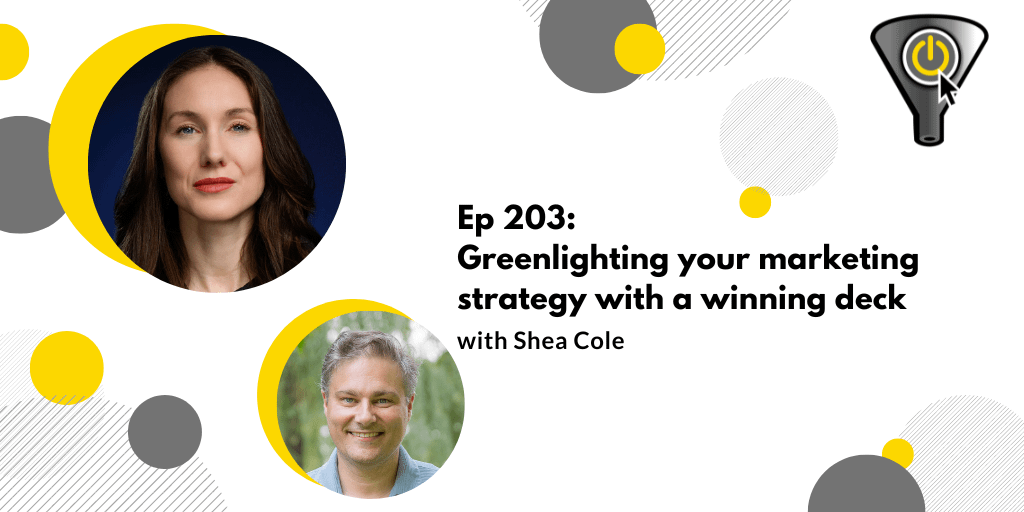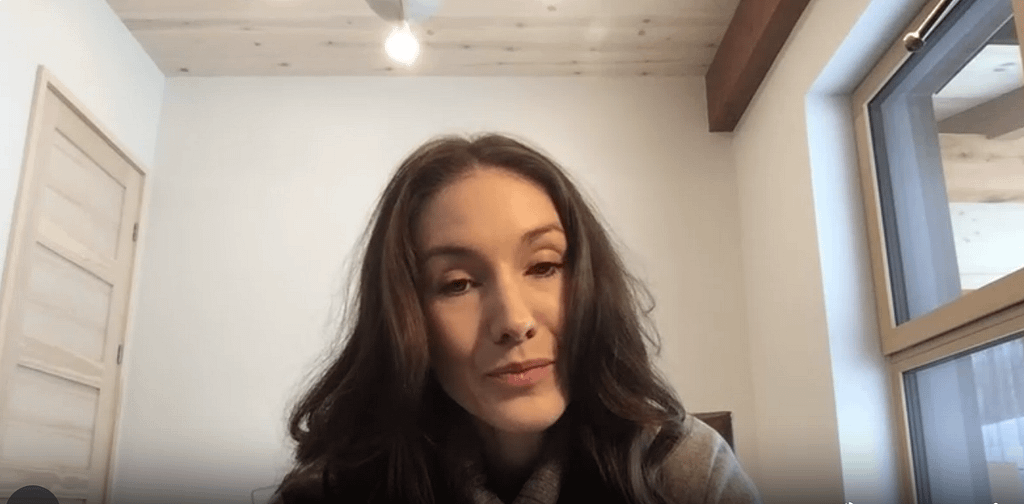Episode 207
Those of you who know me outside of this podcast, know that if I’m doing anything that involves advertising, whether it be in a classroom or a consulting setting, I think of ads as a complicated puzzle that is never fully solved. While it may not have a predictable outcome, there are a few key principles about it that are always true.
I’ve picked up these lessons one at a time, either by studying competitors or through the brands that entrusted me to run their ads—sometimes through painful trial and error. The models and principles that emerge from this process become a valuable piece of baseline knowledge, allowing you to make case-by-case decisions.
However, it’s hard to pass these insights along to others. They’re often too abstract, and the examples become stale and dated as campaigns retire.
Does this mean anyone wanting to adopt this perspective on advertising must go through the same process I did? Not necessarily. Thanks to someone with a gift for brevity and illustration, these principles have been distilled into a book.
As I leaf through its pages, I’m delighted to see many concepts I’ve known given clear shape and an easy-to-remember form.
Our guest graduated from Cambridge University with a Masters of Arts. He has worked in marketing, market research and brand consultancy for 30 years. He uses imaginative visuals to bring marketing concepts to life.
He’s one of the nicest authors I’ve had on, and he’s back on this show for a third time. Let’s go to England to speak with Dan White.
Timestamps/Chapters:
0:00:00 Intro
00:02:27 Welcome Dan
00:04:40 Oldest known advertisement
00:09:18 Uber’s clever transit ad
00:11:15 Positive and negative impacts of ads
00:22:47 using advertising to build brand asset
00:23:49 PSA
00:30:46 Many ways ads can tell a story
00:33:19 How brain perceives messages
00:37:43 Learning about ads through metaphor
00:45:45 Getting the book or contacting Dan
People, products or concepts mentioned in the show:
Dan on LinkedIn
Dan White’s Smart Advertising Book
Dan was previously on In Episode 166 and Episode 109
FMCG – Fast Moving Consumer Goods (packaged foods, beverages, snacks)
